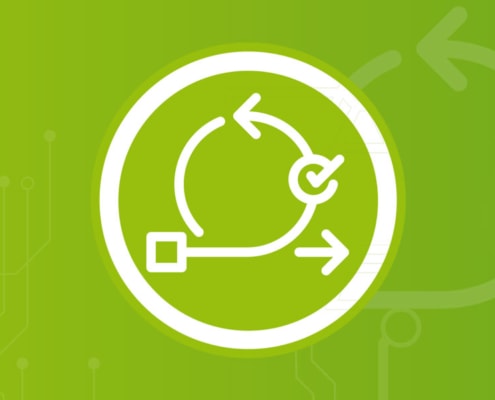Scaling Frameworks in an Agile Environment: What you as an IT Manager need to know
Without a doubt, the agile methodology has made its mark on the software development landscape. However, whenever you’re faced with the task of scaling agility in your department or even your entire company, you can ask yourself: “Which framework is right for us?”
Experience varies by organization, culture, type of project and chosen implementation. Following are a few general experiences companies have had with various scaling frameworks, along with what they’re learned.
SCALED AGILE FRAMEWORK (SAFe)
This framework provides a structured approach which is often highly valued by large organizations. But beware – although SAFe provides clear roles and rituals, some teams find it to be bureaucratic to a fault. As a result, it could turn out that you need to make some adaptations before you integrate it into your own corporate culture.
LARGE SCALE SCRUM (LeSS)
LeSS might be the right framework for you if you want to keep the charm and simplicity of scrum, even on a large scale. Nevertheless, note that its minimalist approach might not appeal to everyone in your company, especially those who are looking for detailed structure.
DISCIPLINED AGILE DELIVERY (DAD)
This flexible approach takes the entire software lifecycle into consideration. Its adaptability can be a blessing, but make sure you’ve defined clear guidelines for your team so you don’t wind up drowning in ambiguities.
Finally, here are a few key findings we’ve learned from our work as consultants:
- Adaptability is your best friend: No framework will be a perfect match for your team. Be ready to make adaptations which correspond to your team and their culture.
- Culture matters: You need to foster a true agile mindset. If you don’t do that, even the best frameworks won’t deliver the results you desire.
- Your role as a manager is crucial: Your commitment and your support are essential for a successful agile transformation.
Agile approaches can be (and should often be) used in large software projects, but this requires careful planning, adaptation, selection of the right scaling framework and strong organizational support.








